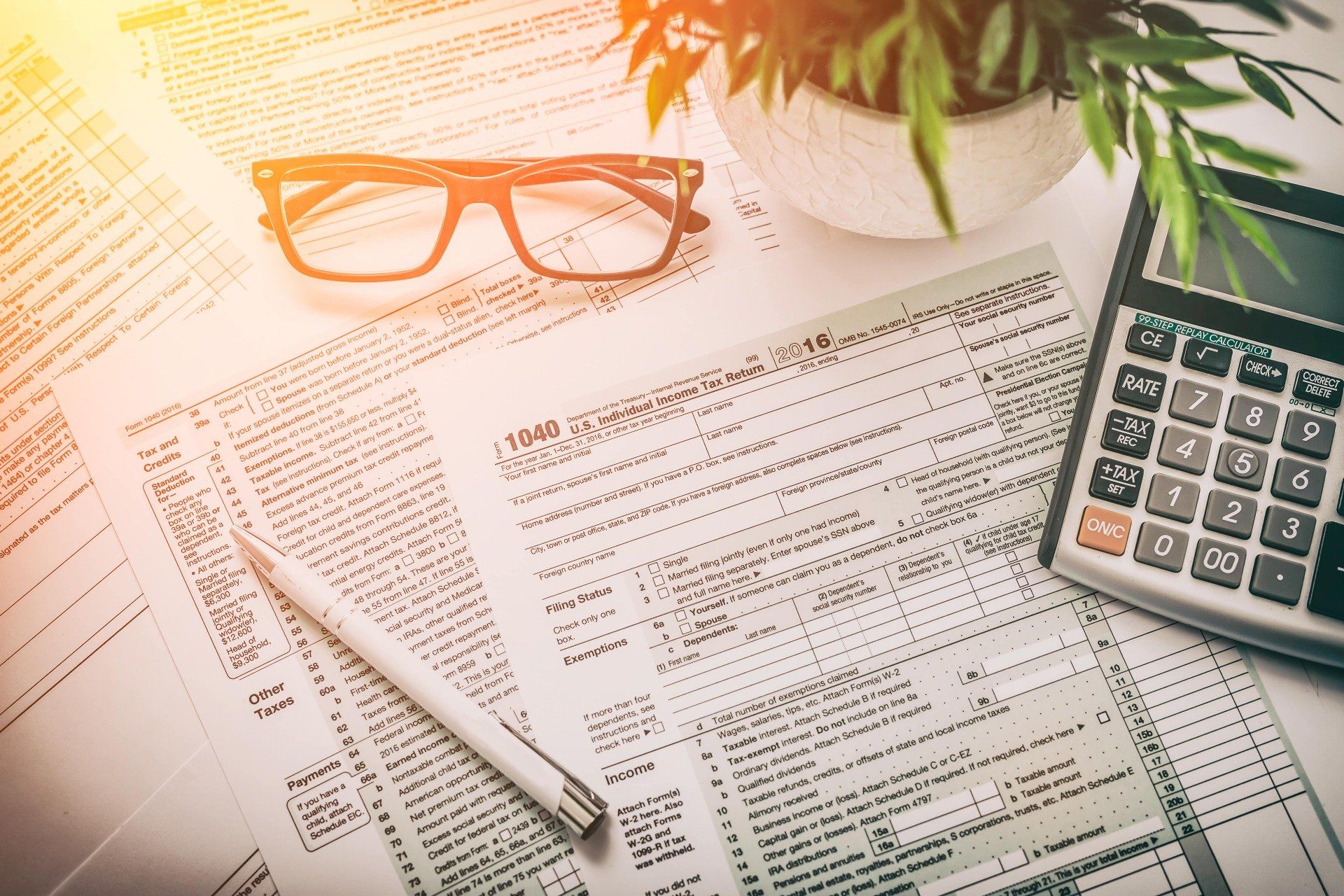What Happens If I Don’t Pay My Taxes on Time or at All?

The Difference Between Failing to File and Failing to Pay
There’s a significant difference between the penalties of these two infractions, despite being relatively similar in that the end result is you didn’t pay your taxes on time.
If you file your taxes but don’t pay the IRS the failure-to-pay penalty is usually 0.5 percent per month up to 25 percent.
If you don’t file your taxes at all and subsequently don’t pay the IRS the penalty rate is 10 times higher – five percent per month up to 25 percent.
Either way the max they the penalties will add up to is 25 percent on top of what you would owe had you paid on time. In one scenario you’ll reach that max after 50 months and in the other scenario you’ll reach that max in just five months.
The IRS will also charge interest on your unpaid taxes at the federal short-term rate plus 3 percent. You will ultimately need to pay your taxes + 25 percent + short-term interest + 3 percent.
Requesting an Extension
You can request permission to be late on your taxes by filing for an extension. There are legitimate scenarios where you may not have all the documentation you need to file your taxes accurately and completely by the tax deadline.
The IRS would prefer you file accurately and pay them everything you owe, so they will usually give you an extra six months to pay if you request it – generally until October 15.
If you do need an extension you should fill out this IRS Form 4868. There are even options to file a Form 4868 electronically.
This form is surprisingly simple for an IRS form, you just need to include your address, Social Security number and a few lines pertaining to your estimated tax liability. There’s also an option to pay some of your estimated tax liability, which is recommended.
Despite popular belief, an extension does not actually give you more time to pay your taxes. What it essentially does is allows you to accrue a penalty at the lower failure-to-pay rate instead of the failure-to-file rate. That’s why paying at least some of your taxes, if you can accurately estimate them and afford them, will reduce the interest accrued on the amount you still owe.
Approval on extensions is generally pretty straightforward. Most filers requesting an extension won’t even need to explain to the IRS why they’re requesting an extension.
Some filers may want to request an extension for reasons other than simply not having all the documentation they need by April 15. There may be scenarios where you’ll save more than you’ll accrue in penalty fees and interest by waiting to file and pay. For example, you may need more time to file a gift tax return or establish a simplified employee pension retirement plan if you’re self-employed.
It’s also important to note filing extensions must be submitted before April 15. No more extensions can be given after the tax deadline.
Will the Tax Deadline Be Extended in 2021?
In 2020 filers were given an extra 90 days to file their taxes due to the coronavirus pandemic. As of now it appears the tax deadline is still April 15, 2021. That doesn’t mean something won’t change before then, but so far the IRS has made no announcements about extending the 2021 deadline.
Get Help Filing Your Business or Personal Taxes on Time in Phoenix
Do you need help getting your business taxes or personal taxes filed on time this year? Are you trying to figure out how to write off significant 2020 losses you incurred due to the COVID-19 pandemic? The income tax and business tax experts at H&H Accounting Services can help. We offer an array of tax preparation services for individuals and businesses throughout the Phoenix area.
Call us at (480) 561-5805 to request a free one-hour no-obligation consultation.



